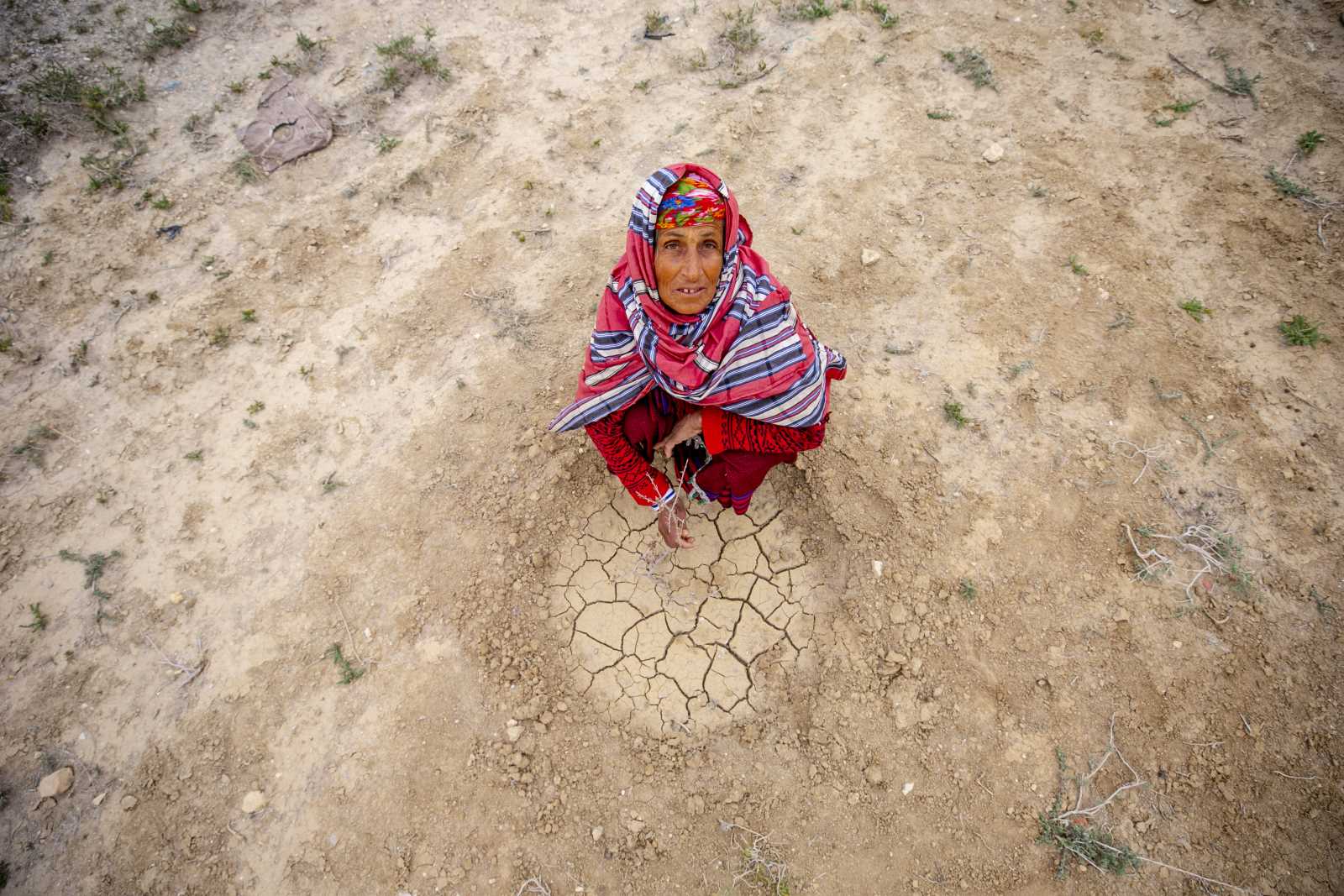Social Democrats
Partner of the poorest

German development policymakers are in for a lot of work after the upcoming federal election, both at home and abroad. On the domestic front, the first task will be to repair – to the extent possible – the damage done by the current leadership of the Federal Ministry for Economic Cooperation and Development (BMZ). Cronyism and derogatory remarks about development workers in baggy sweaters have done a lot of harm. We want to ensure that those who work in development cooperation are shown more respect. We also want to ensure that civil society is better involved in consultations and policy decisions.
At the international level, we must do our best to regain the trust lost after the present Federal Government broke its promise and backtracked from the long-standing pledge to spend 0.7 % of GNP on official development assistance (ODA). We want to put Germany back on track for serious ODA funding.
The Social Democrats working group on development has published the strategy paper "Eine Welt, Eine Zukunft" (one world, one future). It was drafted in close cooperation with civil society and is a good basis for future action. Our primary goals can be briefly summed up as follows:
- Eradication of hunger and extreme poverty. The core objective of our development policy is to eradicate hunger and extreme poverty. which we want to achieve by 2030. Furthermore, additional goals will also be addressed. Germany must engage more vigorously in the multilateral post-MDG/SDG process.
- Achievement of the 0.7 % target in the medium term. In the past four years, the BMZ budget has grown by just half as much as it did in 2009, the last year it was led by a Social Democrat. If we take the 0.7 % pledge seriously, the current rates are nowhere near enough. Until that target is reached, the Social Democrats will aim to make an additional € 1 billion available for development cooperation every year. This budget item will be financed from revenues generated by the financial transaction tax, among other things.
- More emphasis on multilateral and European development policy. The rigid requirement that two thirds of German ODA should be used for bilateral projects needs to be abolished. Our attention must focus more intensely on making European and multilateral cooperation coherent in the sense of a global structural policy.
- Concentration on the poorest countries. Cooperation with emerging markets needs to be re-geared, and German development cooperation activities must focus more explicitly on the least developed countries. ODA-funded conventional development cooperation with emerging markets will be phased out by 2020.
- Private-sector responsibility. Development cooperation should be designed primarily to help the poorest in the world, not to further the interests of German exporters. We know that not every foreign investment can be a healthy investment, so we will only support responsible private-sector action if it yields developmental dividends. We want decent jobs to be created, we will insist on the implementation of basic social and environmental standards, and we intend to enforce transparency in commodity trading and financial flows.
- Social and sustainable development. Food security and rural development will be the foremost issues, including topics such as food speculation and land grabbing. We will promote social safety nets to improve maternal and child health, and we will facilitate more opportunities in secondary education and vocational training. There will be a stronger emphasis on conflict prevention, and in the context of drafting internationally binding Sustainable Development Goals, environmental policies and climate protection will take centre stage.
Germany needs to become a dependable partner for the poorest in the world once more, aligning development policy to the four principles of freedom, justice, solidarity and sustainability. We live in one world and we can only shape our future fairly in conjunction with our partners.
Sascha Raabe is the Social Democrats’ spokesperson on development in the current Bundestag. sascha.raabe@bundestag.de













